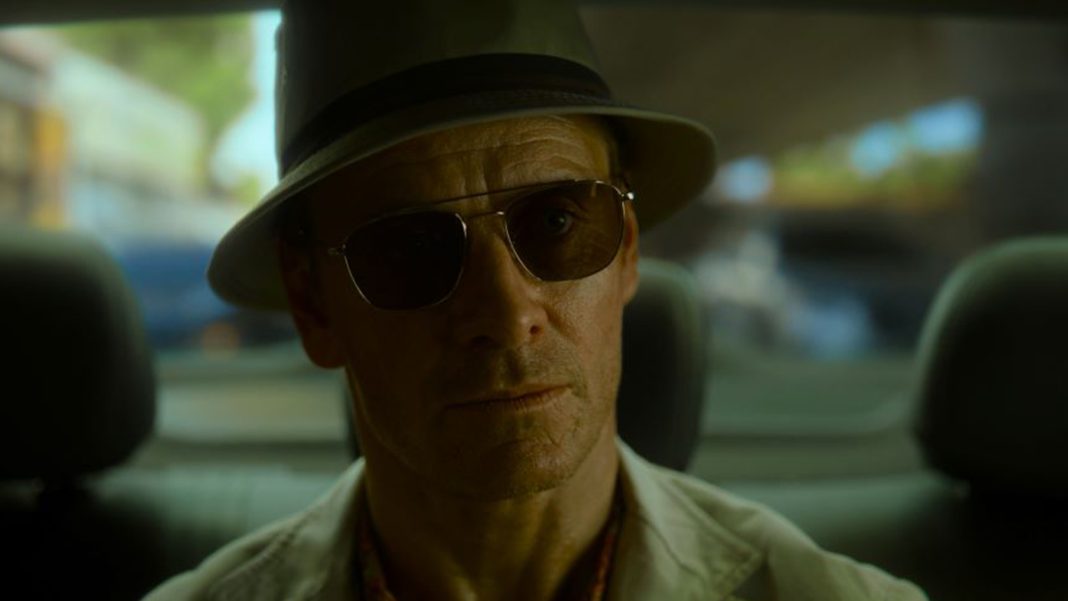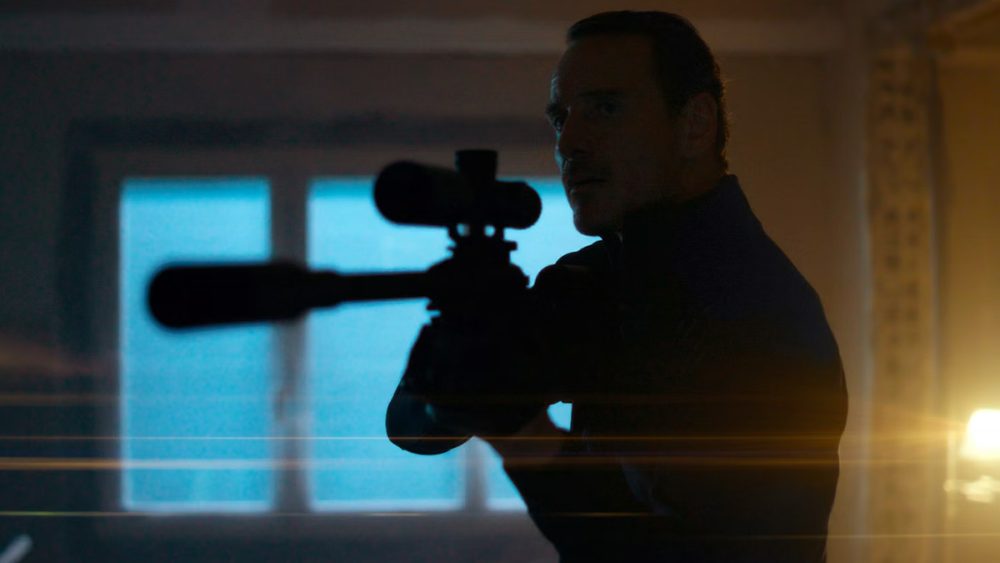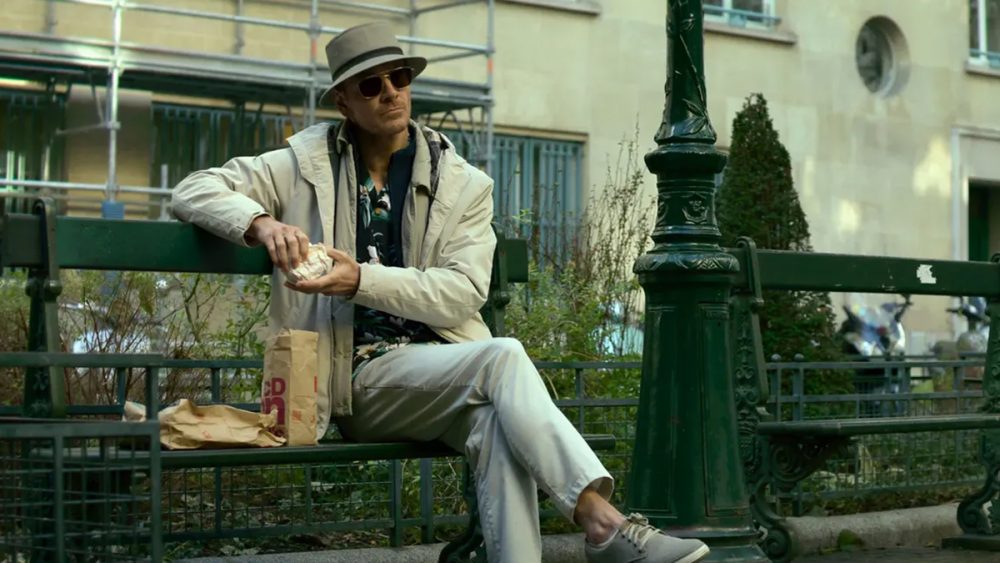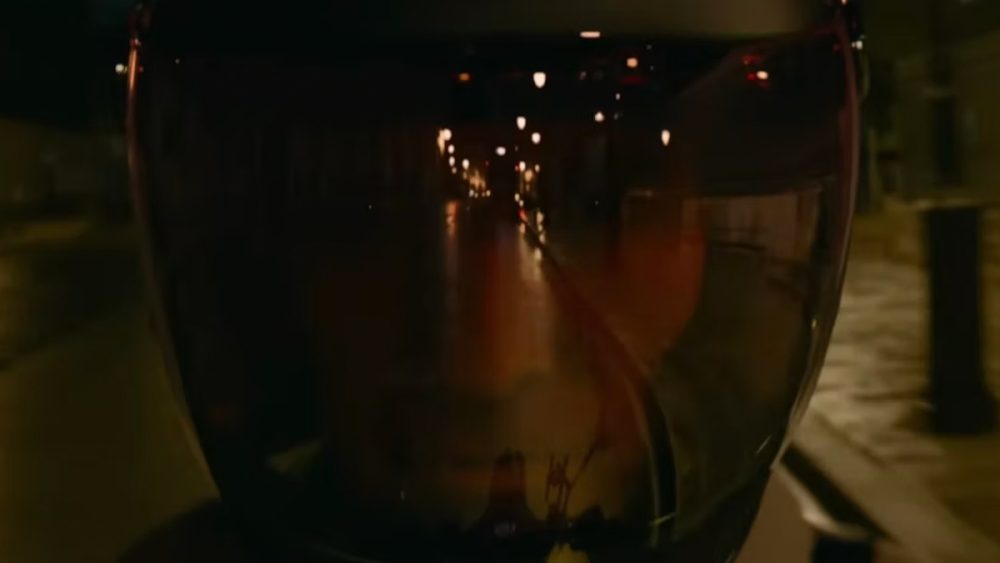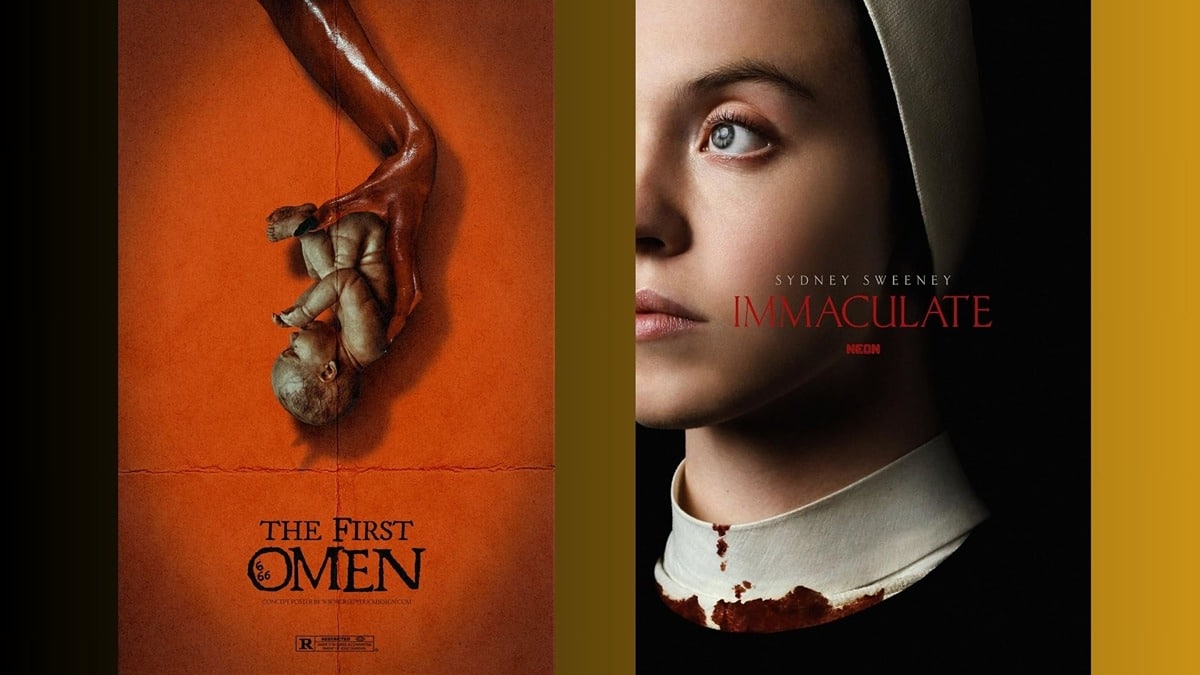By Gabriel Serrano Denis
The history of film is full of slick, real cool killers. Within that history, there is also a separate history of cool killers who come face to face with failure. From Japanese auteur Seijun Suzuki’s Branded To Kill (1967), to French crime master Jean-Pierre Melville’s Le Samouraï (1967), and indie king of cool Jim Jarmusch’s Ghost Dog: The Way of the Samurai (1999), the existential hitman who comes to a head with possible (sometimes sure) death has become a sort of cult subgenre much-loved by the ardent cinephile. And ardent cinephile David Fincher clearly is, as his new film The Killer is not only in constant dialogue with these classic films, but also at odds with them, almost defiantly. It doesn’t reach the heights of those classics, but it does make for a somewhat experimental and cooly atmospheric piece of neo-noir that ranks amongst Fincher’s best and shows a more introspective side that is very much welcome after years of carefully plotted thrillers.
The Killer lets you know what kind of film you’re in for from the go. Quiet and repetitive scenes of Michael Fassbender’s mysterious hitman preparing and watching out for his next target are accompanied by heavy narration that reveal the killer’s methods as well as his philosophy of life. Couple this with sparse nihilistic observations and odd statistics that do little to move the story and it’s quite clear that the viewer will know early on if they’ll be able to go with the flow or will simply be frustrated with the rest to come. Once the mystery killer, posing as a German tourist, attempts his hit and fails to eliminate his target, the chain of events unleashed upon his life will trigger a path of vengeance that puts all his skills and strict philosophies to the test.
If by this point you are hooked by the film’s odd and deliberate narrative, you’re in for a dark ride. Taking cues from Melville’s aforementioned crime noir and melding it with his perfectionist style, Fincher achieves cool to the point of sterile. This is not new for Fincher, who’s made a career of cold and brooding films, but here he achieves something unique: a sort of tone poem of brutality. As we follow the killer (whose real name we never discover and who others in the film only know as whatever alias he is using at the moment), the only glimpses we get into his life and psyche lie in what he tells us and how he executes his plans. In a series of terrifyingly calculated stalkings, torture-filled interrogations, and killings, we come to realize that this killer is not only good at what he does but that he is also capable of much worse.
This is where The Killer deviates from the classic hitman stories mentioned before. Sure Alain Delon’s killer in Le Samouraï is cool and cold-blooded, but like Forest Whitaker in Ghost Dog as well, he has a moral code and his violence is employed out of necessity. The only sense of a code we get here is through the narration – we learn the killer’s mantras, the music he enjoys listening to (basically just The Smiths), stray observations about his targets, and then we see him either match up these thoughts with his actions, or contradict them. As the narrative progresses, the contradictions begin to pile up, and the lack of a moral center comes further into view. In a way, he more closely resembles Lee Marvin’s character from John Boorman’s Point Blank (1967), a man so hell-bent on vengeance, he’ll go to whatever lengths required of him. Our only way in is following his path.
Adapted from the french graphic novel by Alexis “Matz” Nolent and Luc Jacamonby by Se7en (1995) screenwriter Andrew Kevin Walker, it’s interesting how this reunion is not another intricate serial killer whodunnit, but a glimpse into the inner machinations of someone on the edge of professional killer and sadistic sociopath. What Fincher and Walker achieve in this regard is a portrait of a man on the brink of collapse, to the point where the line between paid hitman and serial killer begins to blur. Herein lies the cleverness of calling the film The Killer, as the methods the character employs are as impressive as they are petrifying. In a way, we are witness to a killer’s unraveling, uncomfortably rooting for him to exact his revenge but also frighteningly waiting for him to finally crack. The way he meshes with the common man and is able to rent a car at Enterprise to dispose of a body and order a fob copier from Amazon for a break-in, is as darkly comic as it is scary.
Michael Fassbender’s performance is perhaps the most impressive feature of the film. Calm and dead-eyed, he can go from seeming at one with himself to completely unhinged in a glance. His movements and demeanor are sterile and unsympathetic. This is accentuated by the film’s editing and cinematography. Though Fincher has made a big fuss about working digitally, his most recent films lack the sharpness and contrast of earlier thrillers. It’s a shame as it would serve The Killer nicely, but despite this, the tenets of a Fincher movie are on full display: the sudden cut to an oft-kilter angle with tied hands in extreme close-up, the CGI gloss to heighten the blow of a gunshot, and even a stark and hyper-realistic fist fight that serves as the only proper action set-piece. The editing is smartly concise for the most part and violently jagged when required. Sudden bursts of violence are rendered quietly disturbing as quick cuts show enough to deliver the impact of the killer’s actions. Trent Reznor and Atticus Ross’ score is much more subdued this time around, a tense electronic rumble with peaks and valleys that serve to illuminate the character’s state of mind more than accentuating a scene’s feeling.
One could look at The Killer as an aesthetic exercise and not much more. Even if that were the case, it does make for a thrilling experience. However, there is an underlying theme about the haves and have-nots beneath the glossy surface. The killer constantly and casually speaks of his role within a system: he gets paid, he gets a job done. But after failing at his job, he immediately becomes disposable, not unlike the blue collar workforce. The killer though, does not take a liking to that, despite knowing the risks. Every single person in his path is surprised to see him, thinking he’d have smartly disappeared rather than seeking out vengeance. The audience too wonders, why go through all this trouble? The killer himself seems to believe he is an everyman who has been scorned. But we damn well know he is not an everyman, not with his skillset and countless warehouses full of weapons. The sole scene featuring Tilda Swinton is simply a monologue where she dissects the killer in front of her, and one cannot help but agree with her as she points out all the flaws in his attempt to outlive his death sentence. Nevertheless, like a sociopathic Hemingway hero, he beats on. Because to kill for him is proof of life.


